The platypus, a creature that it baffled early European naturalists who doubted its existence stands out as one of the most captivating creatures in the world. With a bill like duck webbed feet and a tail similar to that of a beaver the platypus serves as a living example of evolutions marvels. This piece explores the traits of the platypus delves into its habitat and behaviors and shares some tidbits about this remarkable mammal.
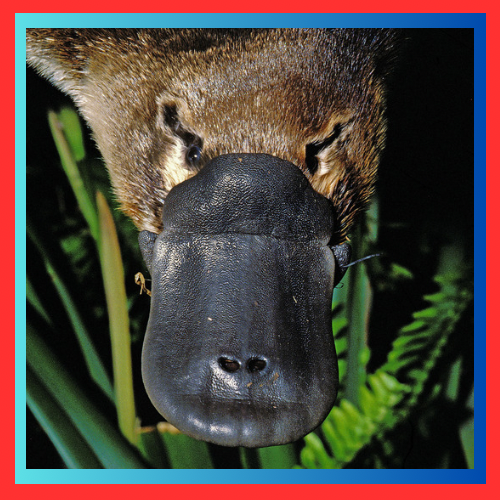
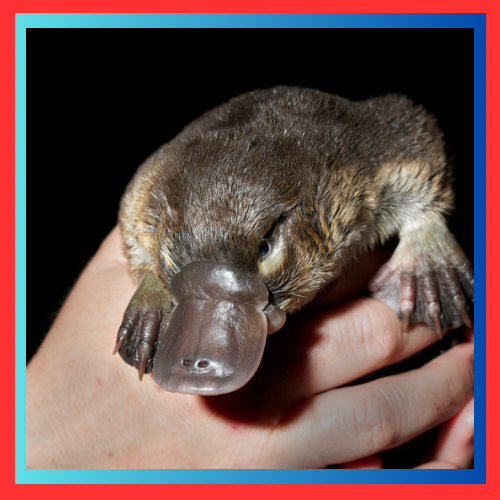
An Overview of the Platypus
The platypus (ornithorhynchus anatinus) is a aquatic mammal indigenous to eastern Australia, including Tasmania. It falls under the category of egg laying mammals known as monotremes alongside echidnas. The platypus stands alone as the surviving member of its family, Ornithorhynchidae and genus Ornithorhynchus.
Unique Attributes of the Platypus
The platypus boasts characteristics that set it apart from other animals. Its distinctive broad bill resembles that of a duck. Is equipped with electroreceptors that aid in detecting prey underwater. With one of the bills, among mammals the platypus can pick up on electrical signals emitted by its preys muscles and nerves.
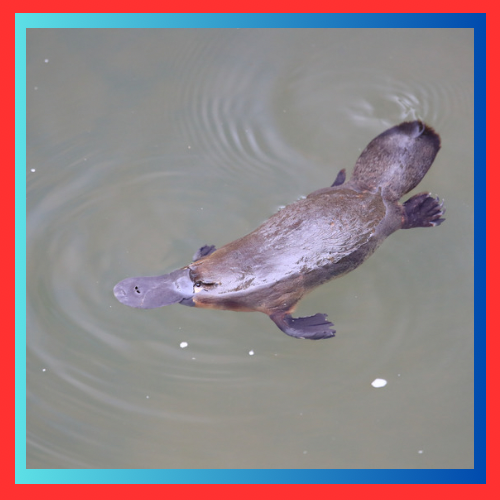
The platypus has webbed feet that help it swim and retractable claws, for digging. It also sports a fur coat for insulation in cold water and a flat tail similar to that of a beaver, which stores fat reserves.
One fascinating trait of the platypus is its ability to lay eggs setting it apart from mammals. Female platypuses typically lay one to three eggs. Nurture them by curling around them. The eggs hatch within ten days after which the mother feeds her young with milk produced by glands. Interestingly platypuses do not have nipples; instead the young absorb milk through their skin and fur.
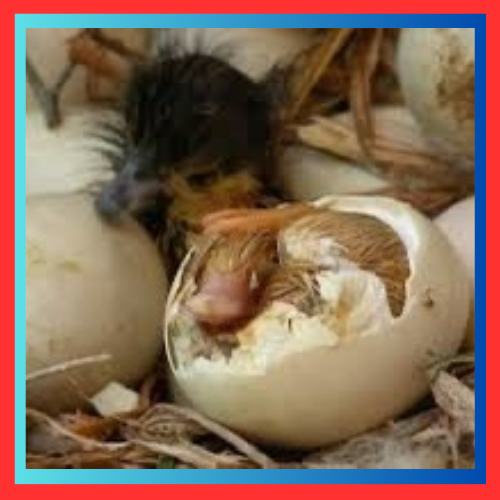
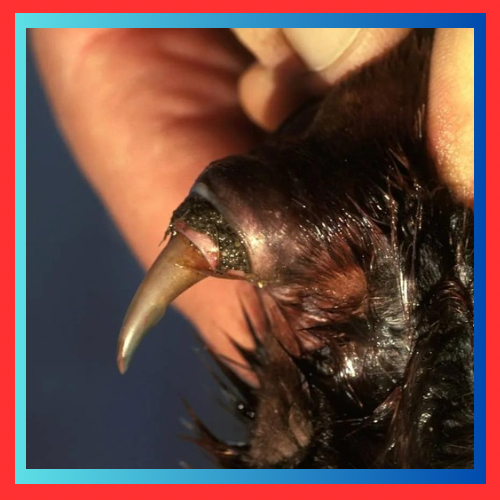
Male platypuses have a spur on their hind legs that can deliver a sting to predators or rivals. Though not deadly to humans the venom can cause pain and swelling. This unique feature among mammals adds a layer of intrigue to this peculiar creature.
Platypuses are found in freshwater habitats like rivers, lakes and streams in Australia and Tasmania. They are mainly active at night and, during twilight hours.
During daylight hours platypuses take refuge in burrows they dig along the banks of their homes.
Platypuses excel at swimming using their webbed paws to propel themselves and their hind legs and tail to steer. They spend an amount of time searching for food underwater shutting their eyes, ears and nostrils and relying on the electroreceptors, in their bills to find prey. Their diet mainly consists of invertebrates like insect larvae, worms and freshwater shrimp though they also snack on fish and amphibians.
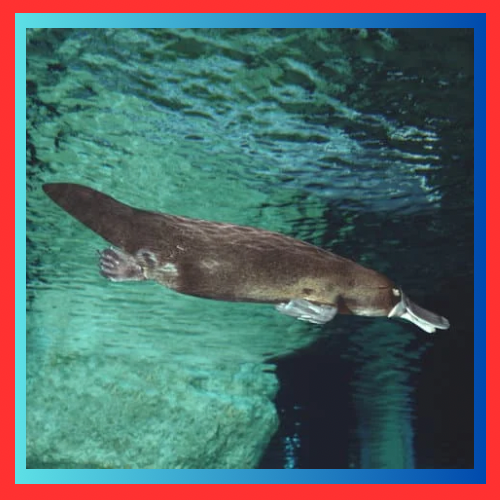
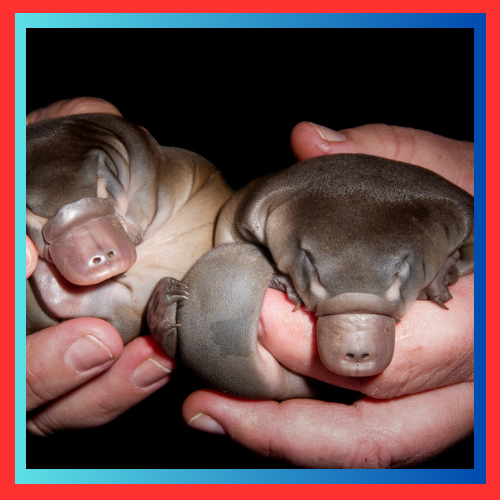
Interesting Facts About the Platypus
1. Early Doubts: When the first platypus specimen arrived in Britain in the century scientists initially thought it was a hoax—a skillfully crafted combination of different animals.
2. Electrosensitivity: The platypus is among the mammals with an ability for electrosensitivity. This unique trait helps it detect the fields produced by its preys movements giving it an advantage when hunting in murky waters.
3. Ancient Roots: Evidence from fossils indicates that ancestors of todays platypus can be traced, over 100 million years ago establishing it as one of the surviving mammal lineages.
4. Distinct Genetic Composition: The genome of the platypus showcases a combination of traits, from mammals, reptiles and birds. This distinct genetic composition has offered insights into the past of mammals.
Regarding its conservation status the platypus is currently categorized as Near Threatened by the International Union for Conservation of Nature (IUCN). Factors such as habitat destruction, water pollution and climate change pose risks to their populations.
In terms of its representation in culture the platypus has captivated people globally. Has been featured across various media platforms. One notable example is Perry the Platypus from the animated TV show “Phineas and Ferb.” Perry, an agent blends the appearance of a platypus with a witty and daring personality solidifying the animals presence in popular culture.
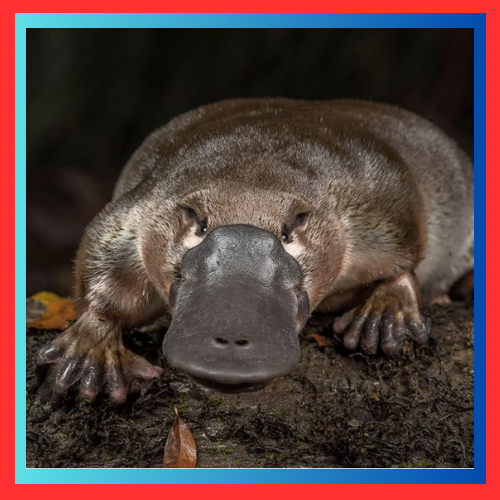
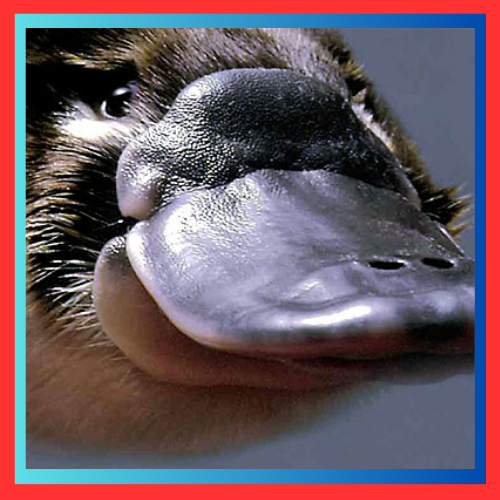
In conclusion the platypus remains a creature that continues to intrigue scientists and nature enthusiasts. Its diverse array of traits—from laying eggs to electroreception spurs to lineage—position it as one of Earths most extraordinary animals. Through research and conservation efforts for this species we deepen our understanding of life, diversity, and intricacies on our planet.
To truly grasp and value the characteristics of the platypus we can gain an appreciation, for the vast array of wonders present, in the natural world.
For further reading on the platypus, check out these sources:
• National Geographic – Platypus. https://www.nationalgeographic.com/animals/mammals/facts/platypus
• Australian Museum – Platypus. https://australian.museum/learn/animals/mammals/platypus/
• BBC – Platypus. https://www.bbc.com/news/world-australia-55039255


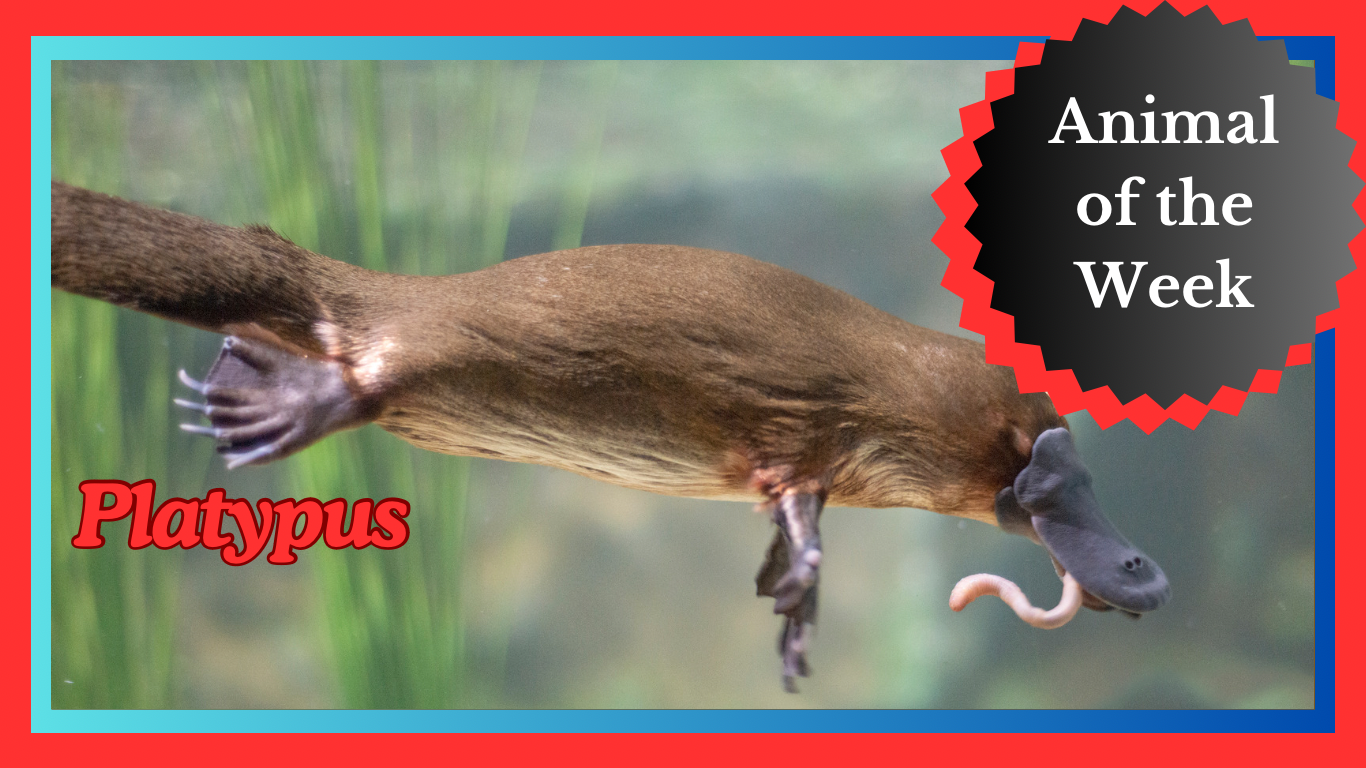


If some one needs expert view on the topic of blogging and site-building then i
recommend him/her to visit this blog, Keep up
the nice job.
I do not even know how I ended up here, but I thought this post was good.
I do not know whoo yyou are but definitely you are going to a famous blogger if
you are noot already 😉 Cheers!
Do you mind if I quote a few of your articles as long as I provide credit and sources back to your blog?
My blog is in thee exact samee area of intwrest as yours and my users would certainly benefit from a lot of the information you provide here.
Please let mme know if this okay with you.
Cheers!
Touche. Solid arguments. Keep up the amazing work.
It is truly a great and userful piece of info. I am glad that you simply shared this useful
information wiyh us. Please keep us informed like this. Thasnks for sharing.
hello there and thank you for your information – I have definitely picked up something new from right here.
I did however expertise a few technical issues using this web site, as I experienced to reload the site many times previous
to I could gett it to load properly. I had been wondering if your web hosting is OK?
Nott that I’m complaining, but slow loading instances times will very
frequently affect your placement in google and could damage your quality
score if advertising aand marketing wijth Adwords.
Anyway I’m adding this RSS to my e-mail and can look out for
much more of your respective fascinating content. Makke sure you upodate this again soon.
What a matterial of un-ambiguity and preserveness off precious knowledge concerning unexpected emotions.
Wonderful post! We are linking to this particularly great post on our website.
Keep up the gopd writing.
I love iit when individuals get toghether and share views.
Great website, stick wih it!
❤️❤️
Thanks
First of all I would llike to say wonderful
blog! I had a quick question wich I’d like to ask if you do not mind.
I was interested to find out howw you center yourself
and clear your mind becore writing. I have had trouble
clearing my thoughts in getting my thoughts out
there. I truly do enjoy writring but it just seems like the fiest 10
to 15 minutes are usually lost siimply just trying
to figure out how to begin. Any recommendqtions or hints?
Thank you!
Hello
Thank you
First choose subject
Second research your subject
Third make your sections and order them
Fourth write each section
Your style is really unique compared to other people I’ve read stuff from.
I appreciate you for posting when you’ve got the opportunity, Guess I’lljust book mark this page.
Thanks for sharing. I read many of your blog posts, cool, your blog is very good.
Thanks for sharing. I read many of your blog posts, cool, your blog is very good.
Heya i’m for the primary time here. I found this board
and I to find It truly helpful & it helped me out much.
I hope to present one thing back and help others such as you aided me.
Thanks for sharing. I read many of your blog posts, cool, your blog is very good.
Thanks for sharing. I read many of your blog posts, cool, your blog is very good.
Hello everyone, it’s my first go to see at this web site, and article is genuinely fruitful for me, keep up posting these types of articles.
Quality posts is the main to invite the users to pay a
visit the web site, that’s what this website is providing.
Hi to every one, because I am actually eager of reading this website’s post to be updated regularly.
It contains nice data.
May I simply just say what a relief to discover a person that actually understands what they are
discussing online. You actually understand how to bring an issue to light and make it important.
A lot more people have to check this out and understand this side of the story.
It’s surprising you aren’t more popular given that you surely have the gift.
Everyone loves what you guys are up too. This type of
clever work and exposure! Keep up the superb works guys I’ve added you guys to my own blogroll.